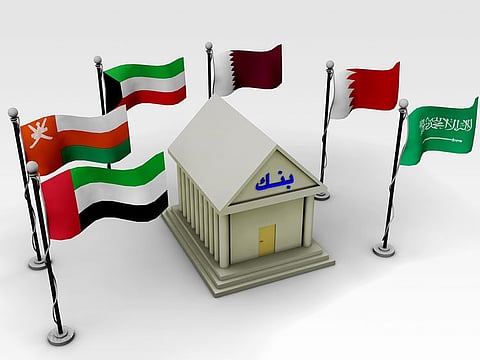For GCC economies, Europe opens up possibilities for deep alliances
Europe’s SMEs offer untapped potential that GCC economies could make better use of

A few days ago, France, Germany, Italy, and the UK supported the Arab plan to rebuild Gaza. Could we witness the beginning of an Arab-European alliance soon?
While governments on both sides of the Atlantic Ocean are trying to fix their differences, European companies will be looking for new markets to compensate for some of their anticipated losses from the US, the largest consumer market in the world.
In the Middle East, the Gulf economies are capable of attracting European investments, but their markets are saturated and lack the required population density. The answer lies in the large markets and population densities of Asia and Africa - about 4 billion people live within 4 flying hours from the Arabian Gulf .
Emirates airline alone for example has built the largest direct connection flights globally, with 150 destinations in 85 countries. Most of these cities are located in Asia and Africa.
UAE has a good track record of attracting large European companies. In addition, Dubai is leading cities globally in foreign direct investment. Now is the time to focus on European SMEs.
Around 23 million SMEs operate in the EU, and remain the backbone of the European economy. Here are some key insights into their importance and size:
Employment: SMEs employ around 100 million people, accounting for about two-thirds of total private-sector jobs in the EU.
Economic contribution: SMEs contribute to over half of the EU’s GDP, making them essential for economic stability and growth.
Innovation: Many SMEs drive technological advancements and digital transformation, especially in emerging industries like green energy and AI.
Regional development: SMEs help balance economic development across urban and rural areas, supporting local communities.
Flexibility and resilience: SMEs adapt quickly to market changes, which was evident during the COVID-19 pandemic when many shifted to digital solutions.
What’s special about European SMEs is that many are still family-owned companies. Faber-Castell for example was founded in 1761 in Germany and currently in its ninth generation of ownership. It specializes in high-quality products for writing, drawing, creative design and decorative cosmetic products. Its production capacity is over 2000 million wooden-cased pencils per year. The company's global presence includes facilities in 10 countries and its products are available in more than 120 countries. Faber-Castell reported a turnover of 649.2 million euros in 2023.
We might soon see the transfer of more European technology to GCC. There is also a possibly of trilateral partnerships, through GCC and Europe along with Asian and African countries that are eager and financially able to engage.
Europe is full of opportunities and long term win-win deals are within reach.




